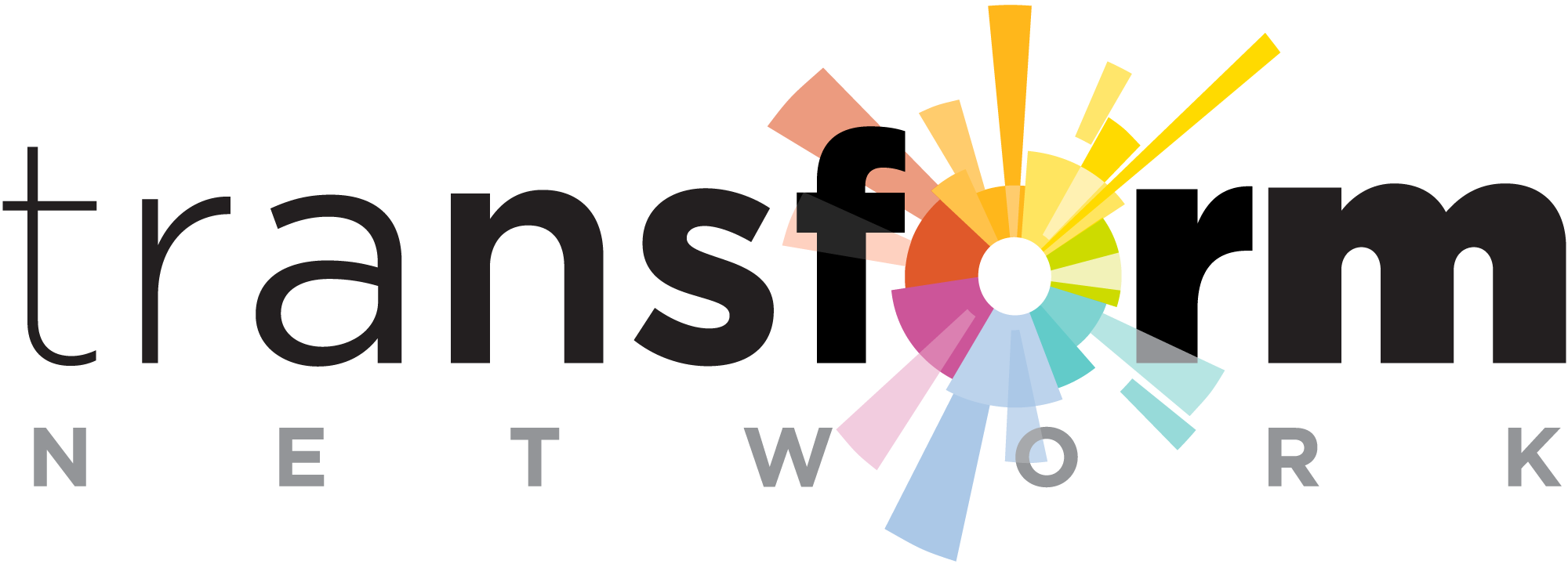Supporting Safety and Progressive Faith Voices to Secure LGBTQ Social Justice
In the face of growing anti-LGBTQ sentiment and acts of violence, both online and in real life, safety and security have become urgent concerns for equality groups in the U.S. and around the world. Many of the latest grantee partners in Arcus’ Social Justice Program are working to prevent violence against their organizations and communities, for example in response to last November’s shooting at a nightclub in the U.S. state of Colorado.
Meanwhile, several organizations receiving funds are working to amplify the voices of a growing number of LGBTQ-affirming communities of faith who are challenging the promotion of narrow or hateful interpretations of religious doctrine in the U.S. and Africa. Still other grant recipients are employing a range of approaches to create societies in which LGBTQ people can live with dignity, safety, and opportunity.
Preventing and responding to violence and threats against U.S. LGBTQ communities
The New York City Anti-Violence Project (AVP), the largest anti-LGBTQ violence organization in the country, is using its funding to coordinate a national response to acts and threats of violence through documentation, community-based hate violence prevention initiatives, and supporting LGBTQ safe spaces like Drag Story Hour chapters. At the end of 2022, AVP launched the LGBTQ Safe Spaces Protection Project with a survey of LGBTQ organizations, businesses, and spaces; early results were shared in an online community forum and at the Creating Change conference in February.
Equality Federation Institute, the national network of state-based LGBTQ equality groups, organized a convening in early January of both national and state LGBTQ leaders to discuss the strategies for meeting the current moment of anti-LGBTQ policy proposals and messaging.
Grants to four organizations—Equality Florida Institute, Equality Foundation of Georgia, Equality North Carolina Foundation, and The Source LGBT+ Center in California’s Central Valley—will help strengthen their safety and security measures through security audits, alarm systems and facility improvements, staff training, and cyber security.
Jacksonville Area Sexual Minority Youth Network (JASMYN) is documenting incidents of violence against LGBTQ youth in northern Florida and advocating against moves to eliminate safe schools policies and LGBTQ youth support programs.
The Orlando-based Contigo Fund used support to bring its leaders and a group of survivors of the 2016 Pulse massacre to Colorado Springs, where they supported survivors of the Club Q shooting, and assessed the immediate and long-term needs of the community in the wake of the tragedy.
Increasing the visibility and influence of affirming faith leaders
Arcus has a long history of supporting LGBTQ allies in faith communities to raise their visibility and influence and counter harmful anti-LGBTQ faith-related messages.
In Zambia and Malawi, the Zambia Network of Religious Leaders Living with or Personally Affected by HIV and AIDS (ZANERELA+) and the Malawi Network of Religious Leaders Living with or Personally Affected by HIV and AIDS (MANERELA+) will both use funding to engage with and train faith leaders, traditional leaders, law enforcers, policy makers, health workers, teachers, media and legal professionals, and others to understand issues related to sexual orientation and gender identity and to promote safety and inclusion.
Uganda-based East Africa Visual Artists (EAVA) will continue amplifying the voices of affirming faith leaders in East Africa through video and media campaigns, as well as creating a regional network of LGBTQ activists and faith leaders to collaborate on faith work.
In the southern U.S., Transform Network will use support to resource, train, and mobilize faith and LGBTQ+ communities by incubating new grassroots organizations and partnering with trusted faith leaders to train church congregations on LGBTQ-inclusive social justice activism. Soulforce is equipping southern LGBTQI movement organizations and queer Latinx communities with tools and approaches to counteract harmful anti-LGBTQ and white Christian supremacist messaging and organizing.
And in the U.S. state of North Carolina, Freedom Center for Social Justice is using faith-based organizing, advocacy, and community education to advance justice, equality, and protections for LGBTQ people and others most impacted by structural inequities, centering those who are BIPOC, elder, and/or youth.
Also receiving a grant this funding cycle:
Astraea Lesbian Foundation for Justice for the Intersex Human Rights Fund to support organizations working to secure protections, increase safety, and promote inclusion for intersex people.
AMICUS DH to assist people who need to change their name and gender on official documents and for documentation of incidents of violence and discrimination in Mexico.
Triangle Project to eradicate discrimination against and within the LGBTQ community in South Africa by training healthcare and social service workers to provide culturally competent services to LGBTQ people, and advocating for the needs of survivors of anti-LGBTQ hate violence.
Las Reinas Chulas Cabaret y Derechos Humanos for strengthening the bisexual women’s movement in Mexico and Central America through visibility campaigns and cultural advocacy.
Borealis Philanthropy for the Emerging LGBTQ Leaders of Color Fund to resource the leadership and visibility of LGBTQ young people of color organizing for policy and culture change within and across social justice movements in the U.S.
Groundswell Fund for the Black Trans Fund for funding, technical assistance, and capacity building support to U.S.-based groups organized by and for Black trans communities.
Southern Vision Alliance to build a powerful cross-issue membership base and resource frontline LGBTQIA-led organizations across North Carolina and the U.S. South to advance safety and policy protections and counter anti-LGBTQ threats and policy proposals.
SPARK Reproductive Justice NOW to build the leadership, power, and advocacy of queer and trans young people of color in Georgia.
